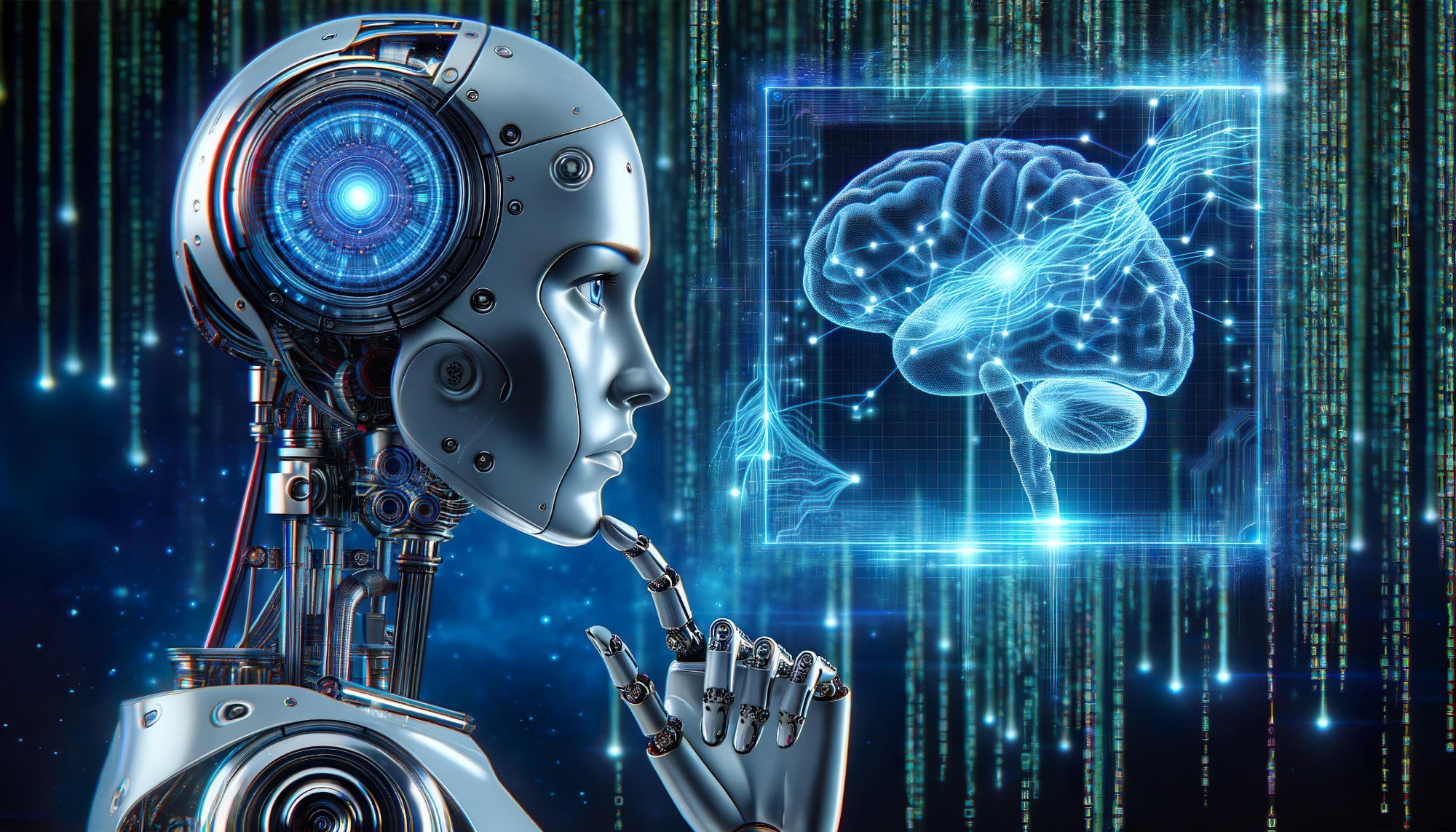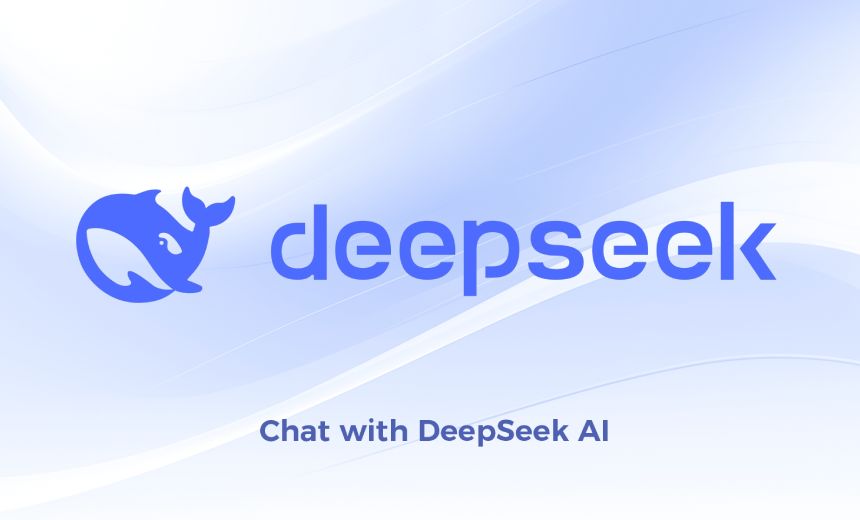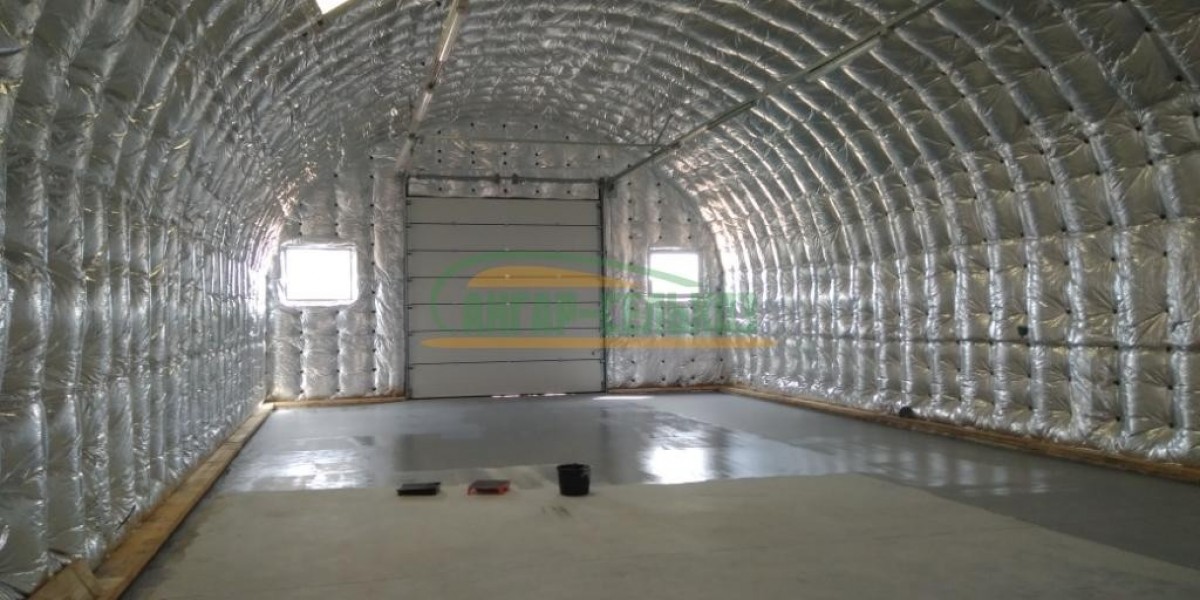
Technology is changing our world at an amazing speed! Its sweeping modifications can be found all over and they can be described as both thrilling, and at the same time scary. Although people in many parts of the world are still attempting to come to terms with earlier technological revolutions along with their sweeping social and instructional ramifications - which are still unfolding, they have actually been woken up to the truth of yet another digital revolution - the AI revolution.
Expert System (AI) innovation refers to the capability of a digital computer or computer-controlled robot to perform jobs that would otherwise have been brought out by humans. AI systems are developed to have the intellectual processes that define people, such as the capability to factor, discover significance, generalize or oke.zone gain from past experience. With AI innovation, vast quantities of information and text can be processed far beyond any human capability. AI can likewise be used to produce a large range of new material.
In the field of Education, AI technology includes the prospective to make it possible for new forms of teaching, finding out and instructional management. It can also improve finding out experiences and assistance instructor jobs. However, despite its favorable potential, AI also positions significant risks to trainees, the teaching neighborhood, education systems and society at large.
What are some of these dangers? AI can lower teaching and finding out procedures to computations and automated tasks in ways that cheapen the function and impact of instructors and compromise their relationships with learners. It can narrow education to only that which AI can process, model and deliver. AI can also worsen the around the world scarcity of qualified teachers through out of proportion costs on technology at the expenditure of investment in human capability development.
Using AI in education also produces some essential concerns about the capability of instructors to act actively and constructively in figuring out how and when to make judicious usage of this innovation in an effort to direct their expert development, discover options to difficulties they face and enhance their practice. Such basic questions consist of:
· What will be the role of teachers if AI innovation end up being widely executed in the field of education?
· What will evaluations look like?
· In a world where generative AI systems appear to be establishing brand-new capabilities by the month, what abilities, outlooks and competencies should our education system cultivate?
· What changes will be required in schools and beyond to help students strategy and direct their future in a world where human intelligence and maker intelligence would seem to have ended up being ever more closely connected - one supporting the other and vice versa?

· What then would be the function or function of education in a world dominated by Artificial Intelligence innovation where humans will not necessarily be the ones opening new frontiers of understanding and understanding?

All these and more are intimidating concerns. They force us to seriously think about the concerns that emerge relating to the application of AI innovation in the field of education. We can no longer simply ask: 'How do we get ready for an AI world?' We must go deeper: 'What should a world with AI appear like?' 'What roles should this powerful innovation play?' 'On whose terms?' 'Who chooses?'
Teachers are the primary users of AI in education, and they are expected to be the designers and facilitators of trainees' learning with AI, the guardians of safe and ethical practice throughout AI-rich instructional environments, and wiki.rolandradio.net to serve as function models for long-lasting finding out about AI. To assume these responsibilities, teachers require to be supported to develop their abilities to utilize the prospective advantages of AI while reducing its threats in education settings and larger society.
AI tools need to never be created to replace the genuine accountability of teachers in education. Teachers ought to remain responsible for pedagogical choices in the use of AI in teaching and in facilitating its usages by trainees. For instructors to be accountable at the practical level, a pre-condition is that policymakers, teacher education organizations and schools presume responsibility for preparing and supporting teachers in the proper usage of AI. When introducing AI in education, legal protections need to likewise be established to protect teachers' rights, engel-und-waisen.de and long-term monetary commitments need to be made to make sure inclusive access by instructors to technological environments and basic AI tools as crucial resources for adjusting to the AI era.
A human-centered technique to AI in education is vital - a method that promotes essential ethical and
useful concepts to help control and direct practices of all stakeholders throughout the whole life process of AI systems. Education, offered its function to secure along with facilitate advancement and learning, has a special responsibility to be totally familiar with and responsive to the threats of AI - both the recognized dangers and those only just appearing. But frequently the dangers are ignored. Using AI in education for that reason needs mindful consideration, including an evaluation of the developing functions instructors require to play and the proficiencies needed of teachers to make ethical and efficient usage of Expert system (AI) Technology.
While AI provides chances to support teachers in both teaching as well as in the management of finding out procedures, wiki.lafabriquedelalogistique.fr meaningful interactions between teachers and students and human growing must stay at the center of the instructional experience. Teachers should not and can not be replaced by technology - it is essential to safeguard teachers' rights and ensure adequate working conditions for them in the context of the growing use of AI in the education system, in the workplace and in society at big.









